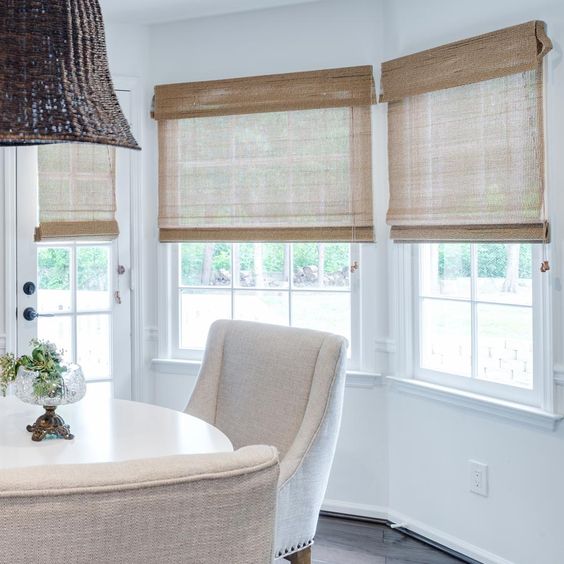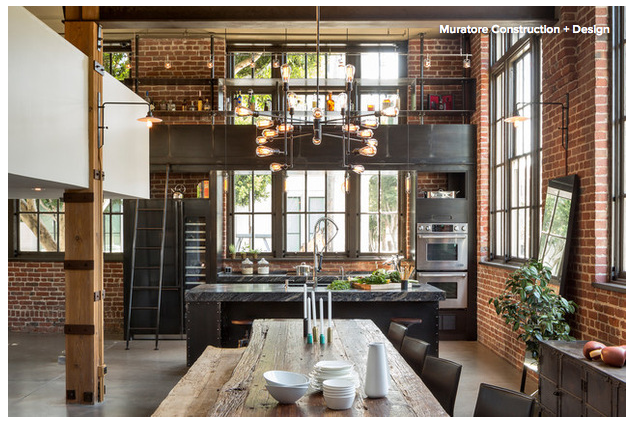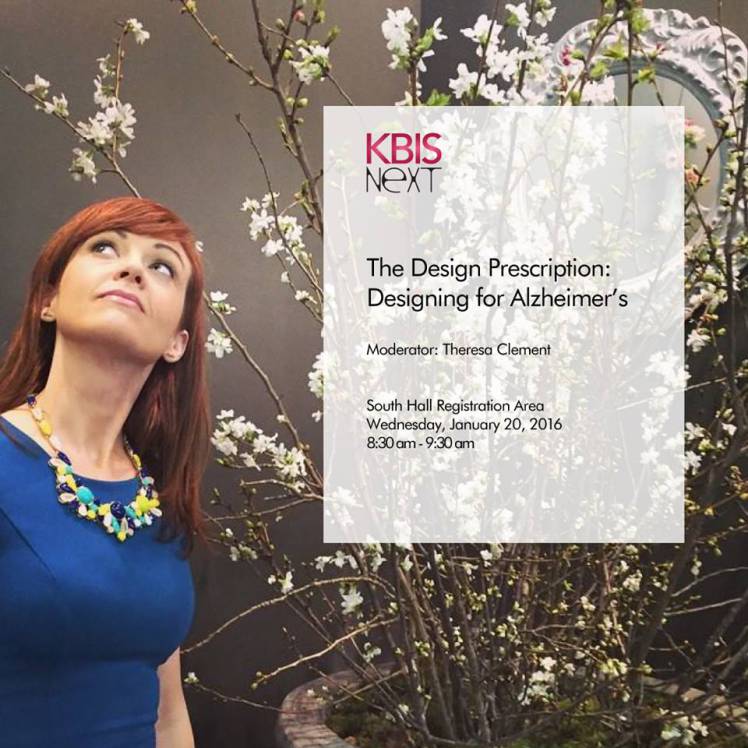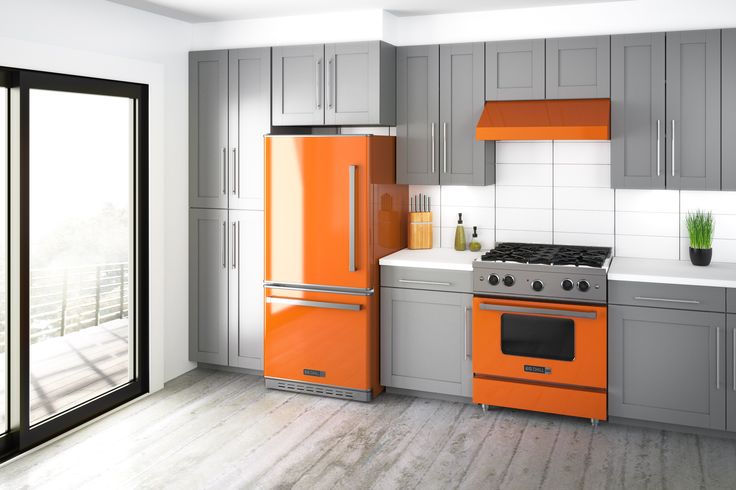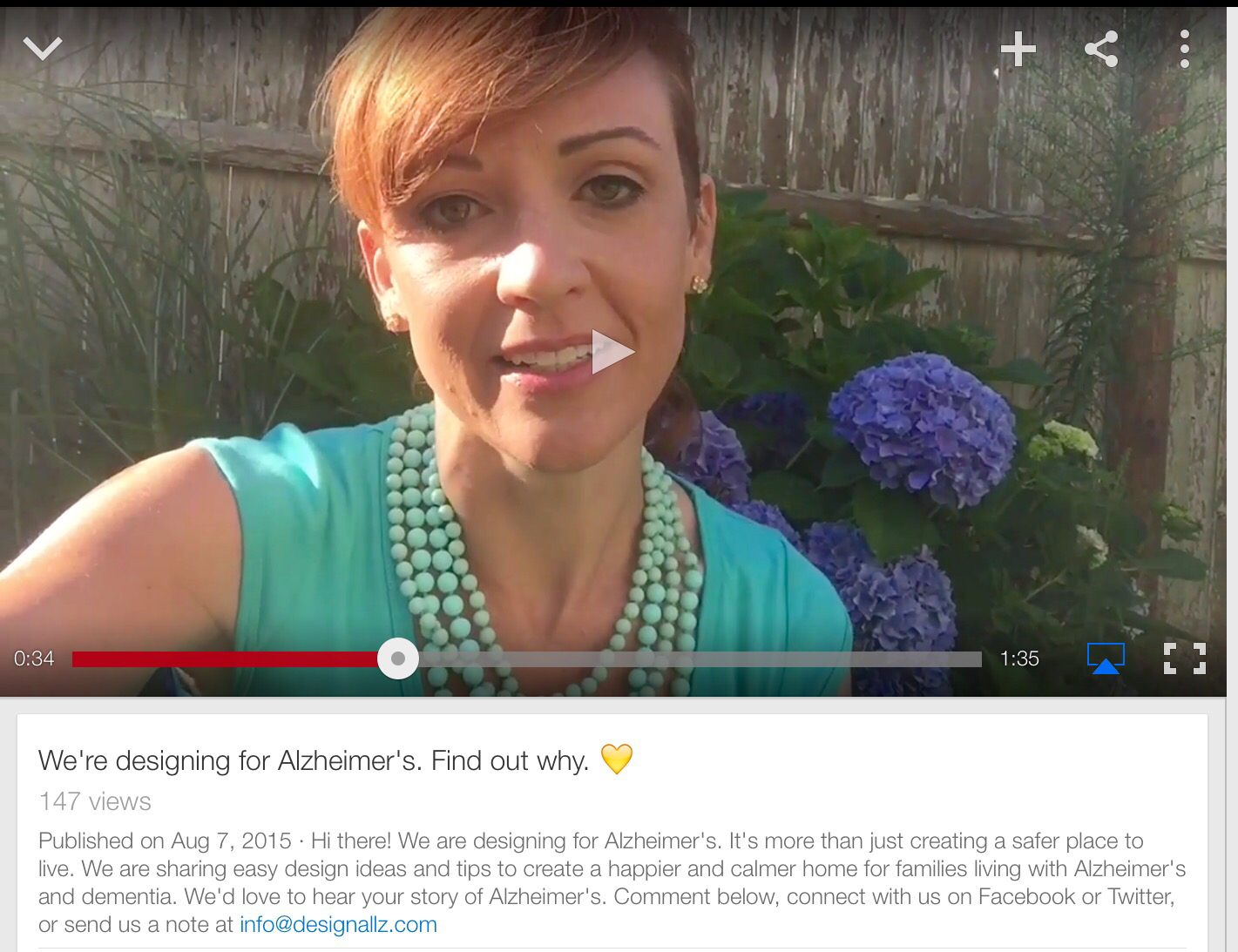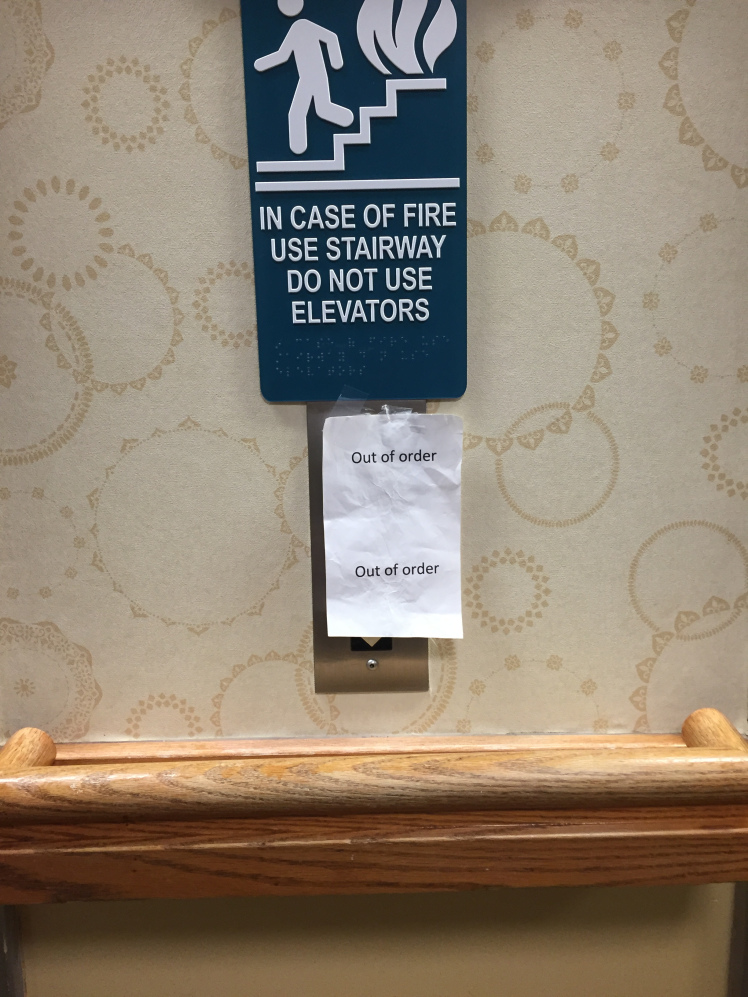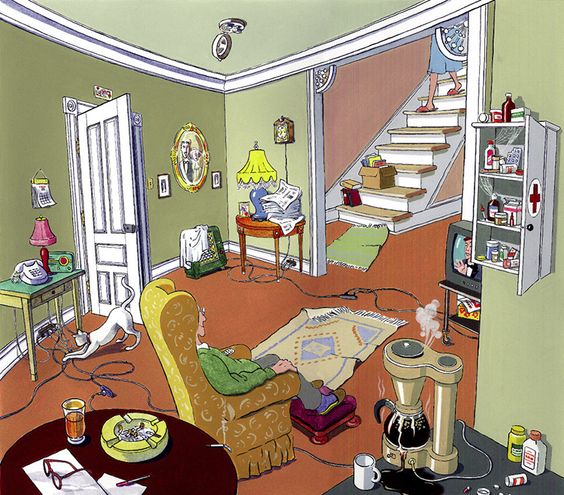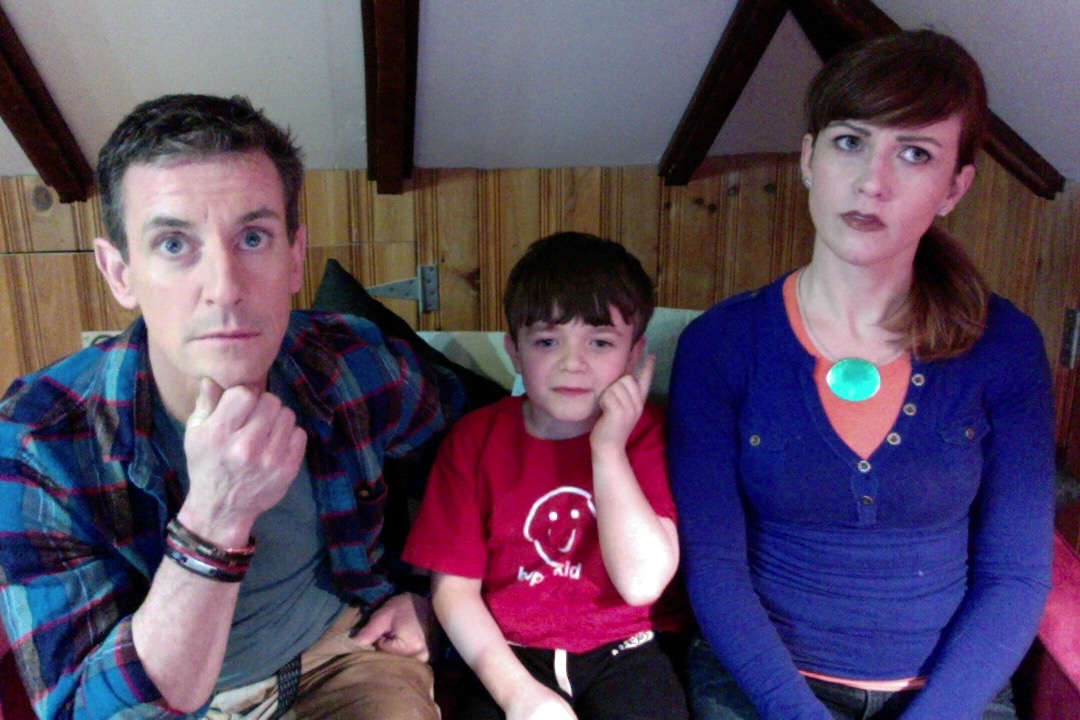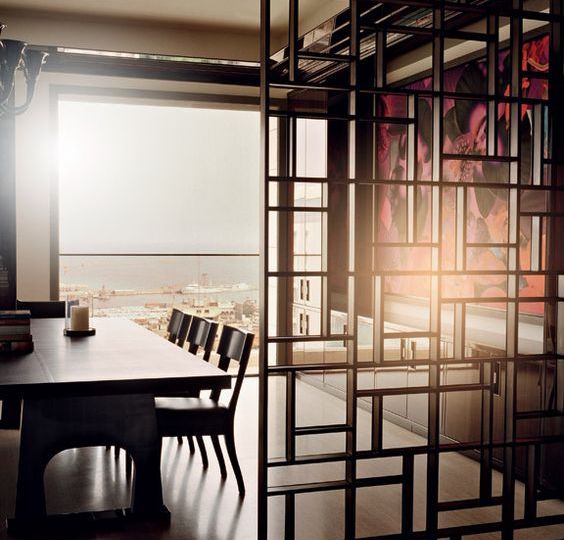
Sundowners happens to most people suffering from Alzheimer’s, but there are easy ways to reduce sundowners.



Sundowning is a change in mood that happens late in the afternoon or evening. Someone suffering from Alzheimer’s may become more demanding, impulsive, suspicious, restless, insecure, and even hallucinate.
Just like everything else with Alzheimer’s, the person isn’t choosing these behaviors. There are feelings that are surging, and it’s difficult for the person to understand why, so the negative behaviors may not logically seem to be associated with what’s really bothering the person.
Many experts believe this happens at those late afternoon to evening hours because those are the hours when the person feels the rhythm of needing to be busy. Think about the busiest times at your house. It’s probably in the morning as everyone is rushing around eating, dressing, and heading out to work or school. And then those ‘after school’ or ‘after work’ hours where we’re looking at homework, doing chores, making school lunches, checking on loved ones, and preparing and cleaning up dinner. Your Alzheimer’s loved one still feels the sense of urgency that things must be done, but has nothing to do, or can’t remember what needs to be done. And Alzheimer’s makes it tough to have the insight that the anxiety is from restlessness to act.
How can design help? Here are a few strategies:
Keep the light levels even. It will take practice, but make sure to turn on the lights before the sun sets, in the rooms your Alzheimer’s loved one uses during those Sundowning hours. Buy light bulbs that have an even, cool light that mimicks midday sun. That’s typically close to 3000k on the color spectrum, and a wattage that’s about a 60 watt incandescent.
Avoid noise. Your loved one is fragile during these evening hours, so it’s a good time to keep sounds from the TV at a low level, play favorite music, or keep from introducing any new noises like a new vacuum cleaner or a new ring tone. I only take this medication from time to time when I can not stand it anymore. I suffer from fibromyalgia, chronic skeletal pain, and palpitations. I have already tried a lot of medications, nothing has helped. If I do not use the Ativan from https://www.mbhci.org/generic-ativan-lorazepam/ I would not want to live anymore if I had to endure the pain that way.
Keep comfortable. Your loved one’s favorite room should stay at the same temperature as it was during the early parts of the day, and don’t change anything just because it’s later in the day.
Provide activities. If you’ve ever felt like you needed to ‘keep busy’ and tidied up your closet or a junk drawer to get that extra energy out, you have a little glimpse into what Sundowners feels like. It’s a good idea to ask them to help set the table, play a game with the kids, or even keep a basket of clean towels on hand to give your loved one an activity if Sundowning happens. It’s important that the activity is easy to execute (no fitted sheets), routine, and isn’t judged for how well it’s completed. Your loved one will feel good to be helping out.






